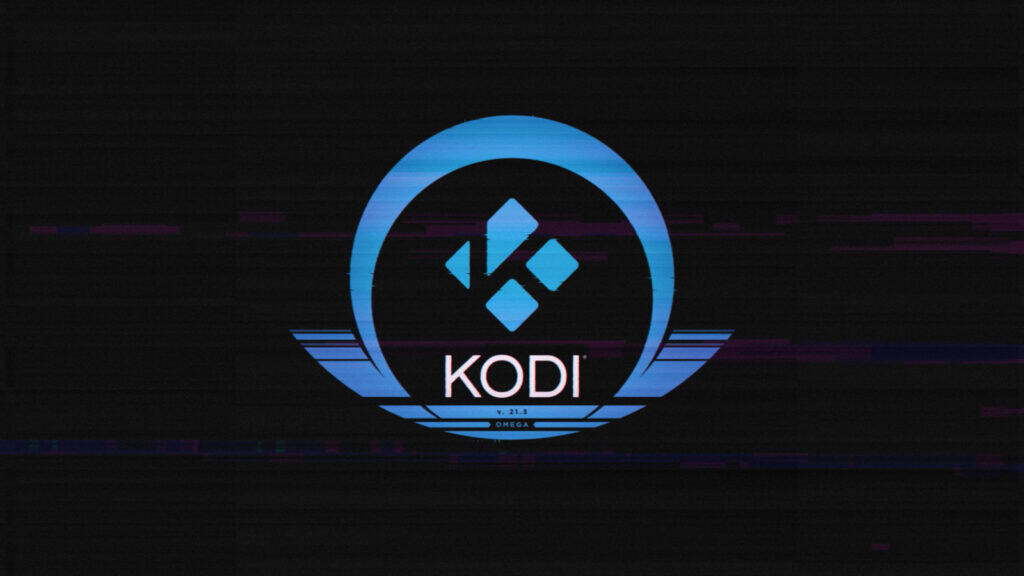Over nine months after the previous 21.2 release, the Kodi team has rolled out the new 21.3 update for this popular, self-hosted, open-source media player, introducing notable improvements across video playback, performance, and peripheral support.
Starting with the video stack, Kodi 21.3 introduces HDR support for Xbox One, enhancing the console’s visual fidelity. On Linux, users benefit from fixed Blu-ray playback and improved handling of HDR10 light metadata changes.
The release also resolves issues with audio and subtitles when resuming Blu-ray playback, ensuring smoother transitions between sessions. Additionally, the update fixes subtitle selection for ISO 639-1 two-letter language codes, improving compatibility with multilingual libraries.
In the library and media management area, scanning and information retrieval see measurable gains. Video library rescans are now complete faster, while a bug that caused multi-episode files to overwrite the first episode has been resolved. The team also addressed false positives in detecting Movie Versions and fixed info dialogs for certain titles, improving consistency for large video collections.
For music lovers, this release restores CDDB lookups through Gnudb.org’s CDDB API and resolves album search failures involving artist names, ensuring more accurate metadata when organizing collections. Audio improvements include a fix for a rare PipeWire crash triggered when connecting or removing devices—particularly relevant for Linux desktop environments.
Moreover, the PVR subsystem received a stability update, addressing a crash when a PVR stream was stopped via a remote control or companion app. Meanwhile, peripheral and input support has been expanded with Turkish keyboard layouts for Linux, along with fixes for Pulse-Eight CEC adapters and specific macOS key bindings. Plus, users managing multiple input devices will also notice smoother visual feedback within the peripheral management interface.
Add-on management received a curious but important fix: updates now properly trigger even after extended periods of inactivity—from 25 days up to an improbable 68 years, ensuring that extensions remain functional regardless of usage patterns.
On the interface side, Kodi 21.3 resolves several GUI-related crashes, including issues with overlapping dialogs and suspend states. Touch support for slider controls has also been improved, making the software more responsive on touchscreen devices.
Finally, under the network layer, Kodi now supports HTTP Basic Authentication, fixes interruptions caused by certain HTTP/2 transfers, and updates its embedded libnfs implementation to version 6. The bundled CA certificate store has also been refreshed to Mozilla’s July 2025 release, maintaining secure connectivity for all online sources.
For more information, visit the project’s GitHub changelog.
Looking ahead, the upcoming Kodi 22.0 “Piers” release (currently in alpha) is shaping up to be a substantial upgrade. It will introduce a move to FFmpeg 8 for enhanced video and audio decoding, HEIF/HEIC image support, and improved subtitle and multi-track handling.
Additionally, Kodi 22.0 alpha has updated its Python runtime to version 3.13.7, introduced a new Weather Skinning API, and incorporated several platform-specific enhancements, including the ability to run multiple instances on Windows and improved HDR rendering and subtitle handling on LG webOS.
